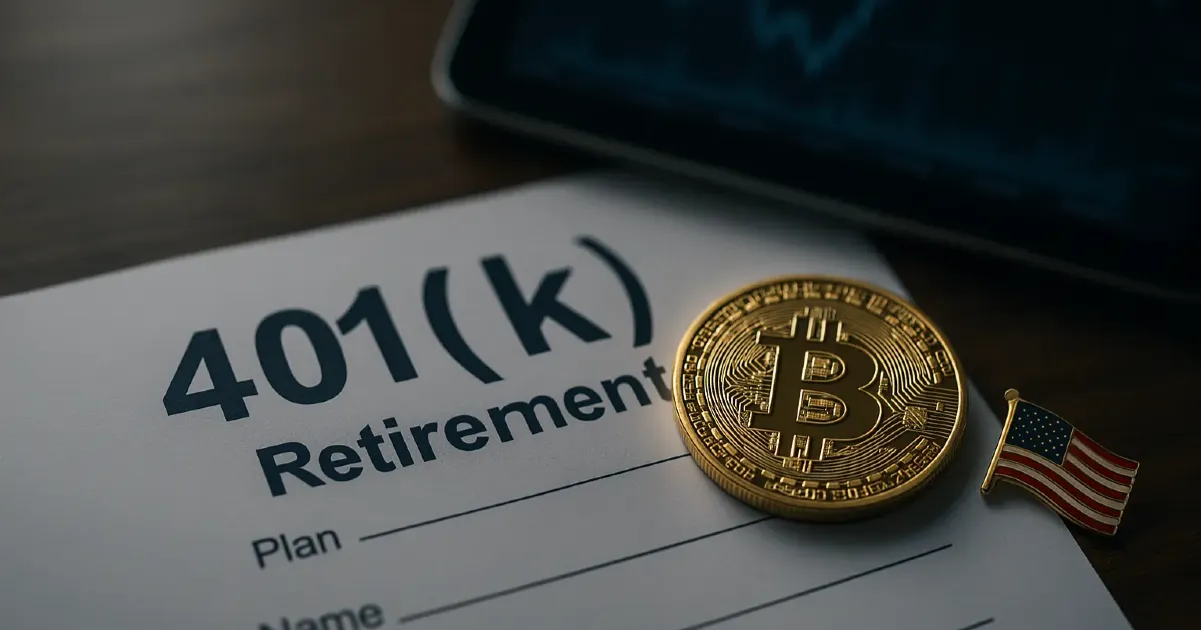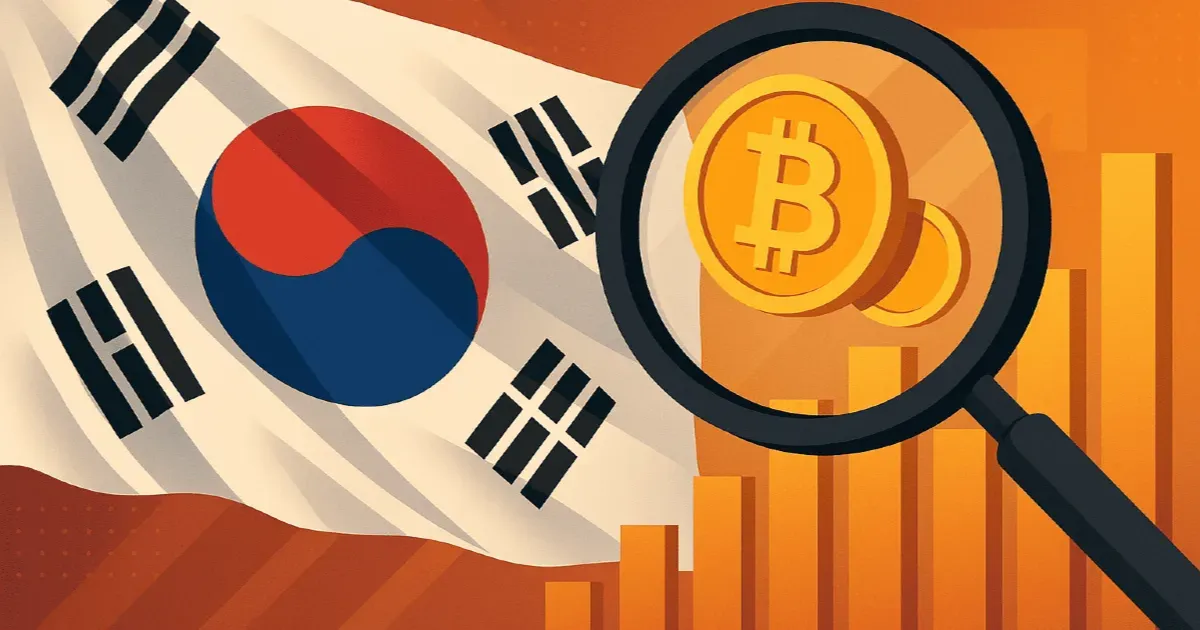Hong Kong’s stablecoin licensing regime begins August 1; no licenses have been issued yet. Only approved firms may issue or market stablecoins to retail users.
Hong Kong Launches Stablecoin Licensing Regime, but No Licenses Issued Yet
Hong Kong’s long-awaited stablecoin framework officially launches on August 1, 2025, yet as of today, no firm has been granted a license. The city’s financial regulator, the HKMA (Hong Kong Monetary Authority), made this clear, even as it pushes ahead with a tightly regulated structure for fiat-linked stablecoins.
A New Era Begins With Caution
With the Stablecoins Ordinance about to kick in, Hong Kong positions itself as Asia’s next major crypto hub. But authorities aren’t rushing. Only a limited number of licenses will be granted initially, and the HKMA is advising the public to be careful of misleading claims from unlicensed groups looking to capitalize on the hype.
As a result, licensed firms will be the only entities legally allowed to issue or market stablecoins to retail investors in Hong Kong. Promotions by unlicensed entities will be restricted to professional or institutional audiences only.
Who Can Apply, and When?
The HKMA has asked interested parties to reach out by August 31, 2025, to receive preliminary feedback and guidance. Formal license applications must be submitted by September 30, 2025, if applicants want to be considered during the initial licensing phase.
Importantly, the HKMA warned that it's a criminal offense to falsely claim you’re licensed or that you’ve applied for a license. Public trust and clarity are central goals.
What’s in the Guidelines
Regulations prescribe strict requirements:
- Full fiat backing: Every token must be backed by liquid reserves in the same currency, held in independent custody.
- Conservative governance: Issuers must hold at least HKD 25 million in paid-up capital and follow rigorous internal controls.
- Redemption rights: Holders must be able to redeem tokens within one business day at face value, free of unreasonable restrictions or fees.
- AML/CFT compliance: Issuers must meet global anti-money laundering standards, conduct risk assessments, and perform due diligence.
Why the Hold-Up on Licenses?
Hong Kong is doing something rare in Asia: putting consumer protection front and center before permitting widespread use. Echoing global regulators, the HKMA is keen to avoid speculative froth and ill-prepared issuers flooding the market.
Officials noted that many firms expressing interest are still crafting proposals without concrete infrastructure or risk management plans. Only firms with deep operational readiness and governance will pass the bar.
What’s Allowed and What’s Not
Starting August 1:
- Licensed issuers only may publicly market stablecoins to retail users.
- Unlicensed entities are barred from promotion to retail users and can offer products only to professional/institutional clients.
- Foreign tokens like USDC and USDT must be issued by Hong Kong-approved firms to be legally marketed domestically.
Advertisements, online content, or promotions from any unregulated sources could trigger enforcement action.
What This Means for Investors and Issuers
- Retail investors should avoid unlicensed tokens or platforms. The HKMA is emphasizing that holding unregulated stablecoins carries personal risk.
- Aspiring issuers must focus on compliance, technical readiness, and long-term infrastructure. Strong reserve management and risk controls are non-negotiable.
- Market hype may create unrealistic expectations. The HKMA cautions that stablecoins may not deliver short-term profits and urges sober judgement, especially in listings and public statements.
Bottom Line
Hong Kong is officially entering the stablecoin regulation phase with precision and transparency. Despite recent enthusiasm and bold pronouncements, no licenses have been issued yet. This cautious rollout reflects broader concerns over consumer protection and system integrity.
If you've encountered firms claiming licensed status or implied approval, they may be misleading you. As the regime rolls out, be sure to verify official status on the HKMA registry, stay cautious, and avoid bold claims that haven’t yet been vetted.






